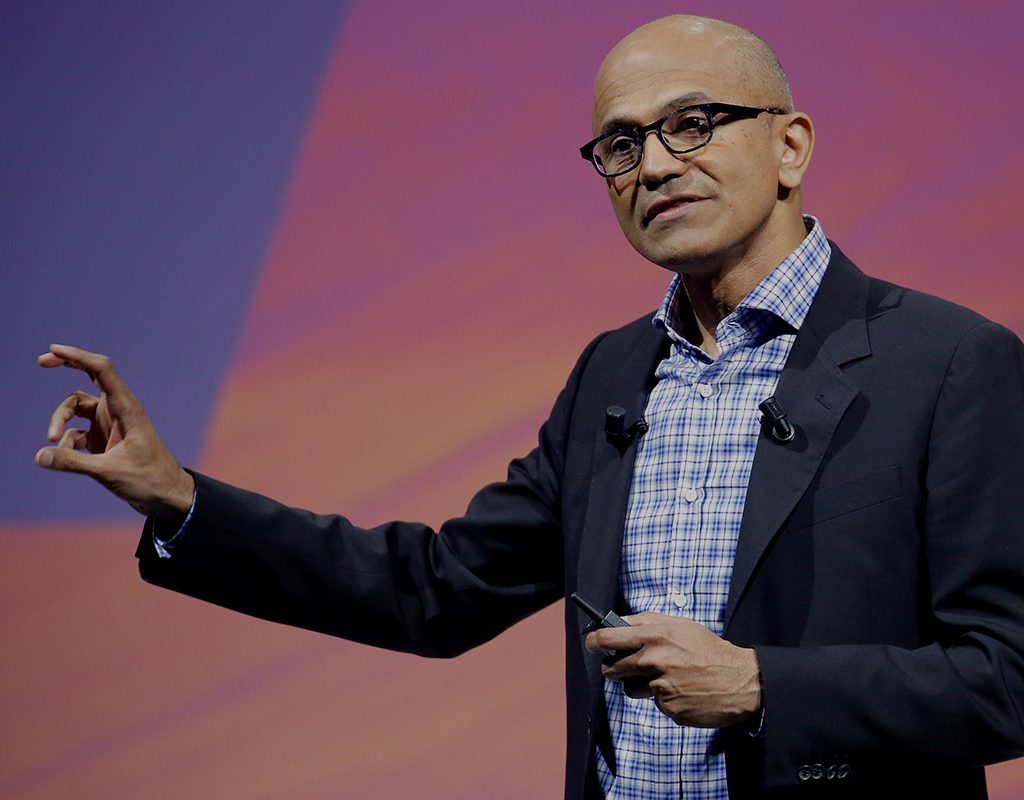New research published by Microsoft has revealed that 51 percent of UK workers who currently have the choice to mix remote and office working would contemplate quitting their job if hybrid working was axed.
Carried out in conjunction with YouGov, the research report shows that the COVID-19 pandemic has changed hybrid working from “nice to have” to “must-have” for many employees, with 59 percent of the HR decision makers (HRDMs) surveyed agreeing that hybrid working has had a positive effect on the mental wellbeing of their workforce.
However, the reality of onboarding at a new business during the pandemic has not been without its challenges. The research reveals more than a third (36 percent) of UK workers who started a new job since the start of the pandemic experienced their entire onboarding process without ever setting foot in the workplace.
These workers have struggled with forming working relationships (42 percent), not having a manager or team in the room to ask for information or guidance (33 percent), learning to use new software and applications (24 percent), earning the confidence of colleagues (23 percent), and soaking up company culture (21 percent).
The difficulties of remote onboarding were also recognised by those responsible for managing the process; 36 percent of HRDMs stated that they felt remote onboarding makes it hard to provide effective, role-specific training for new starters, while 35 percent voiced concerns about ensuring employees have easy access to the information they need to hit the ground running.
Nonetheless, employees and HRDMs agree that the long-term benefits of hybrid working outweigh the initial onboarding struggles. The research shows that the most pressing concerns identified by HRDMs in not having a hybrid working model were an inability to retain new talent (38 percent), a negative impact on productivity (25 percent), a negative impact on wellbeing (24 percent), employee burnout (23 percent) and keeping pace with competitors (23 percent).
Nick Hedderman, director of modern work business group at Microsoft UK, said: “The pandemic has proven that organisations can trust their people to be productive wherever they are. They now have an opportunity to reshape work around individual roles, preferences and even personal lives. This is achievable through tech-enabled hybrid working models, which supports the creation of a rich digital culture to benefit everyone, helping to attract and retain top talent.
“HR professionals, leadership teams and IT can work together using digital tools such as Microsoft Viva to create an employee experience platform to serve their organisational needs, such as making the onboarding process rewarding and inclusive for new staff. In doing so, there is a much higher chance of those new hires becoming long-term employees.”
Microsoft’s full research report can be accessed here.






